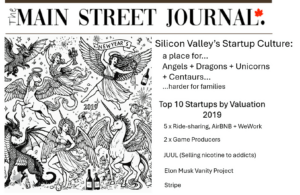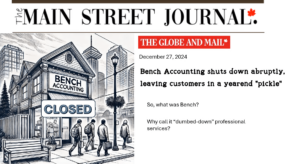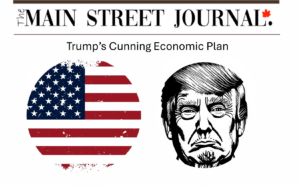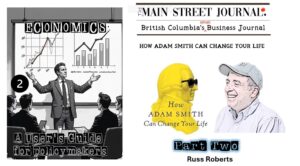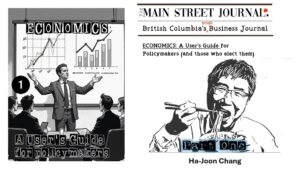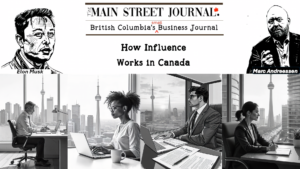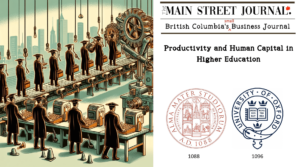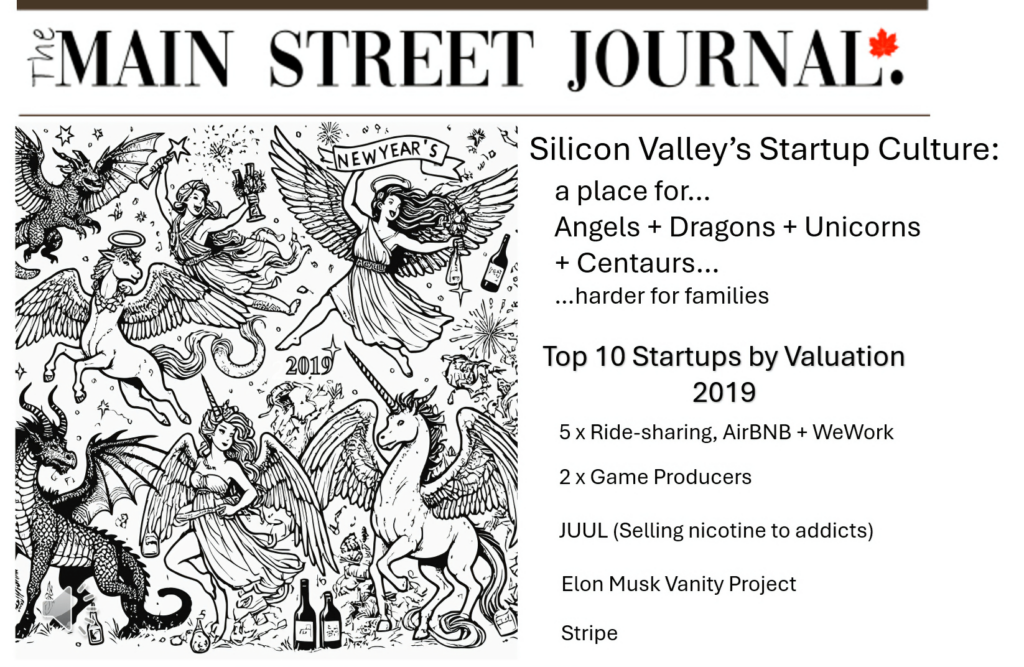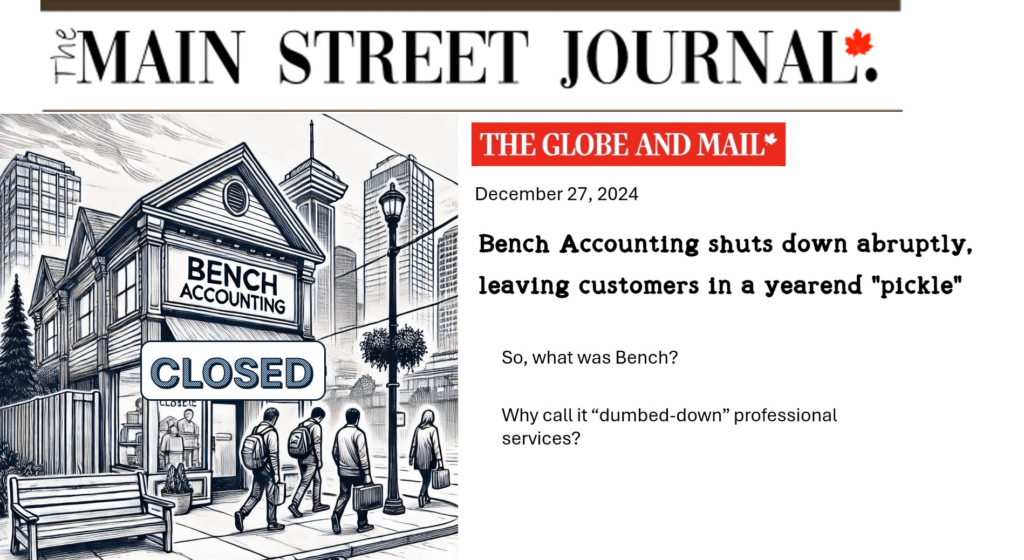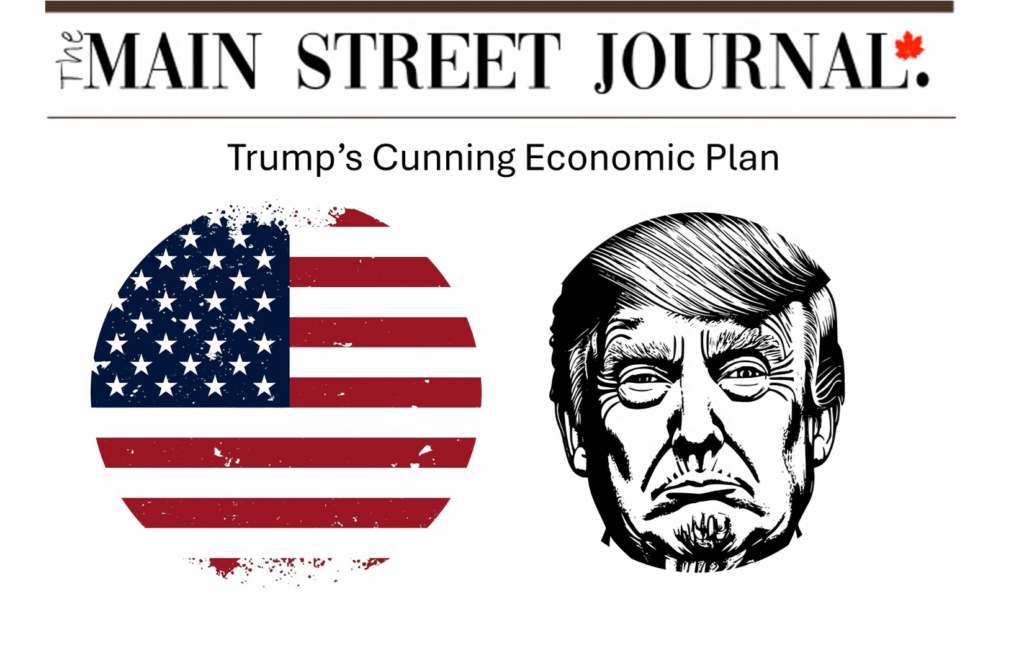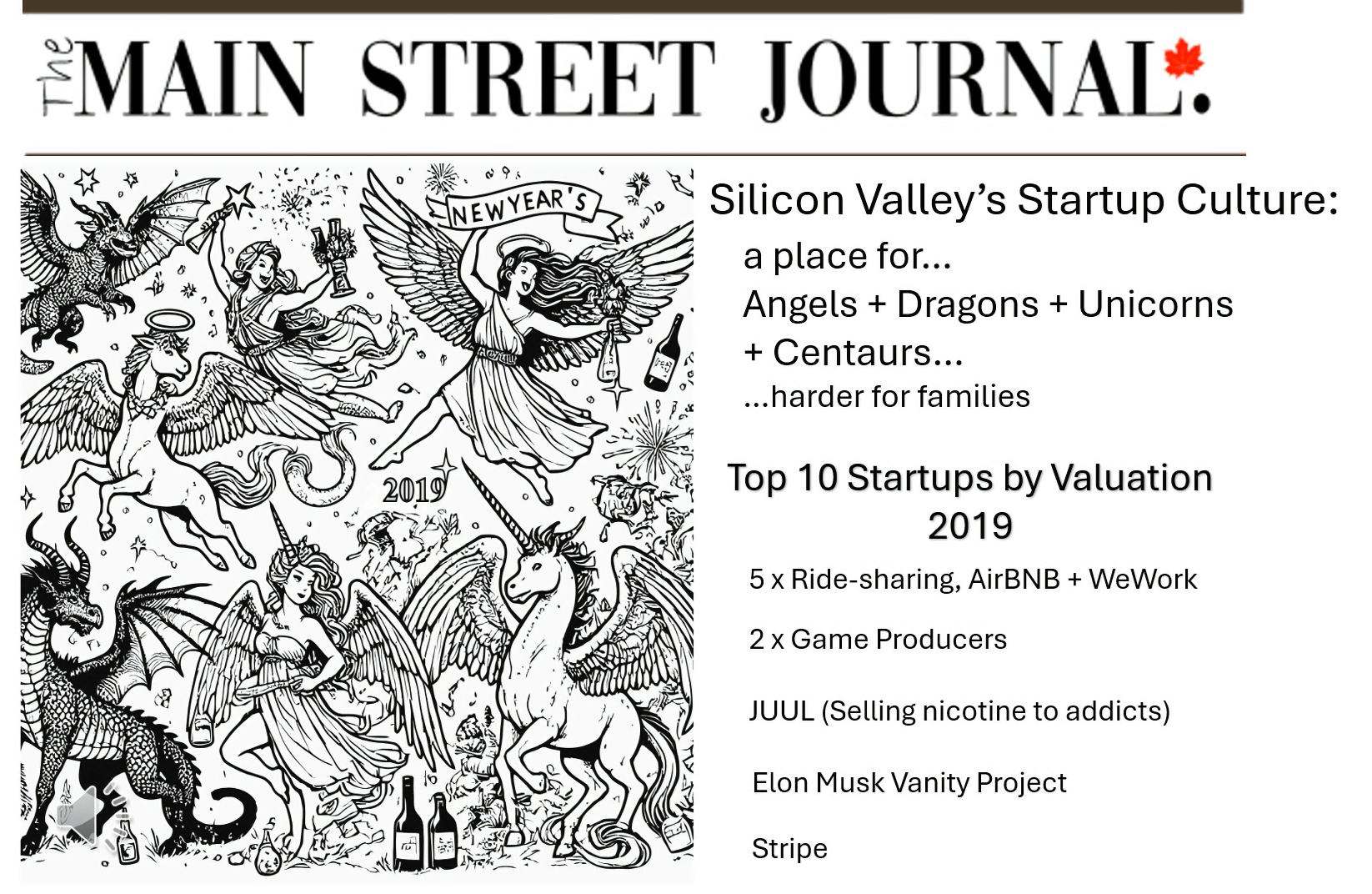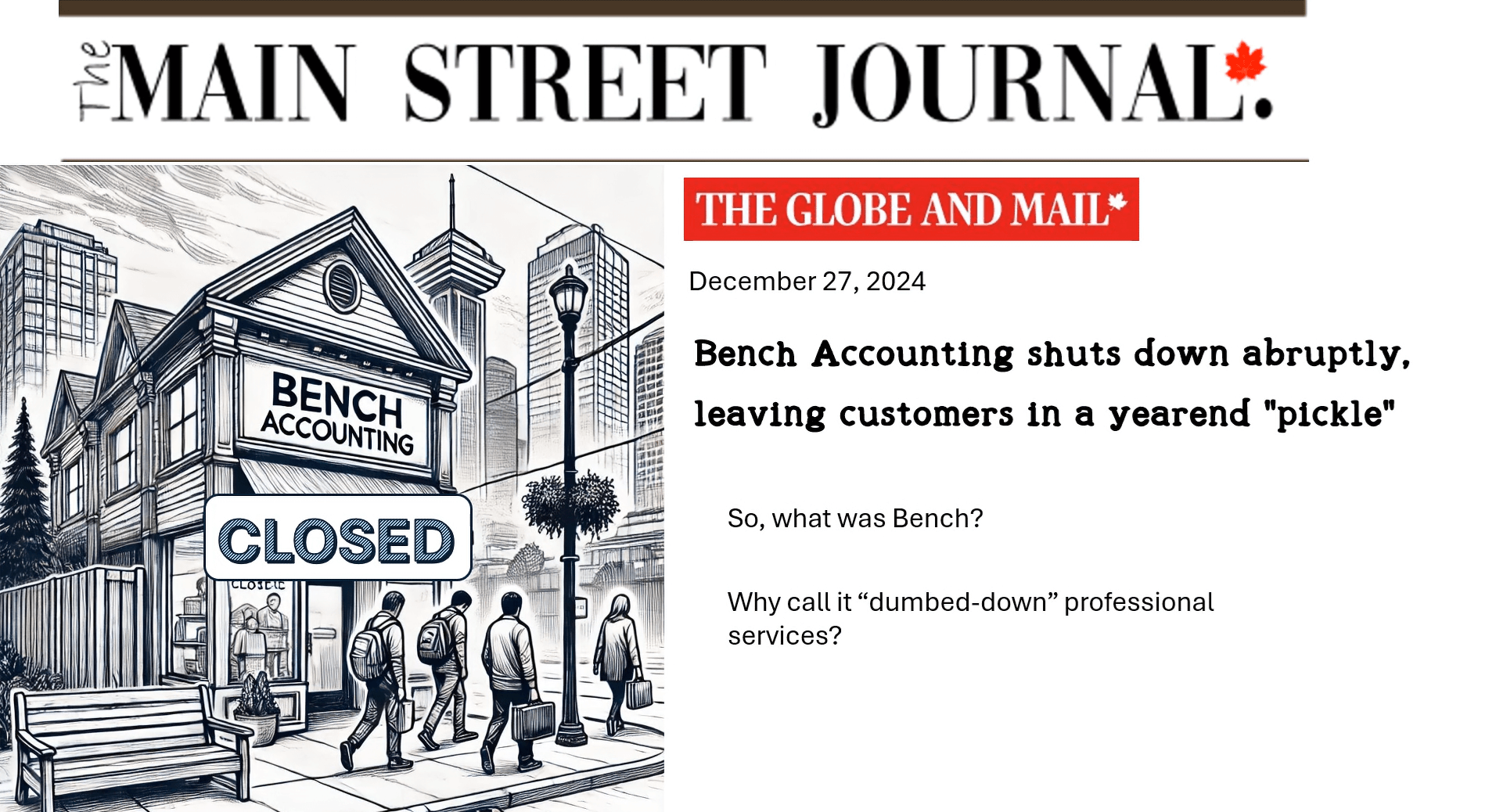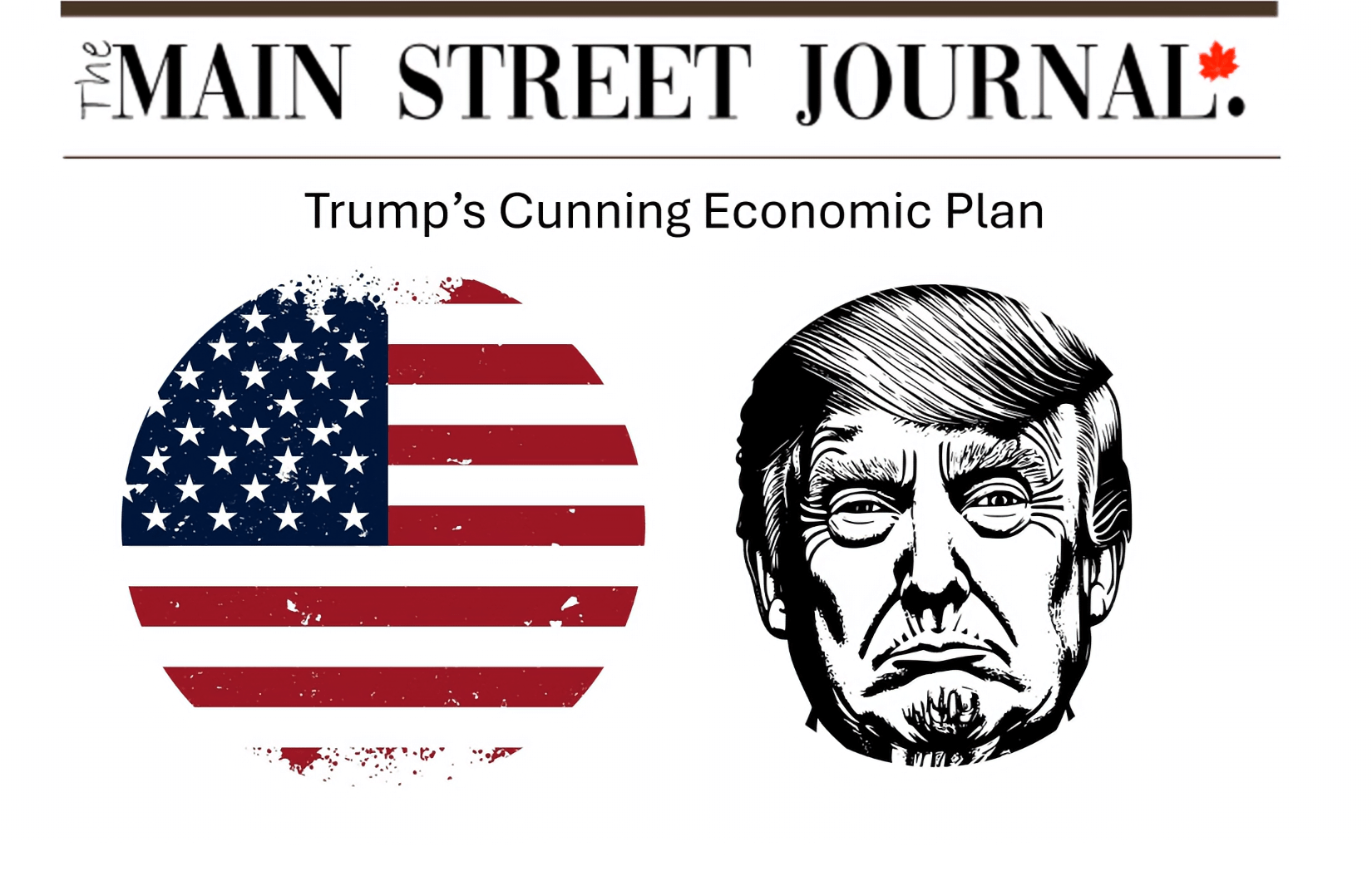While Milton Friedman preaches the gospel of the free market and free trade, he ignores anything that interferes with the beauty and metaphysical elegance of his ideology. Warren Buffett – by contrast – practices the trade of business in the real world.
Buffett uses the term “economic moats” to describe a company’s ability to maintain competitive advantages over its competitors, thereby protecting its long-term profitability and market share. The concept is akin to a medieval moat that protects a castle from invaders.
Here are some key types of economic moats:
First, Cost Advantages.
Companies that can produce goods or services at a lower cost than competitors can maintain higher profit margins.
Second, High Switching Costs.
When customers face significant costs or inconvenience to switch to a competitor, the company enjoys a moat.
Third, Network Effects.
The value of a product or service increases as more people use it, creating a self-reinforcing advantage.
Fourth, Intangible Assets. Brands, patents, and regulatory licenses can provide strong protection against competition.
Fifth, Efficient Scale. When a market is effectively served by a small number of firms, new entrants find it difficult to compete profitably.
What Warren Buffett can Teach us about Capitalism –
WATCH FULL VIDEO:
Related Content:
How an Economic Moat Provides a Competitive Advantage
The term “economic moat,” popularized by Warren Buffett, refers to a business’s ability to maintain competitive advantages over its competitors in order to protect its long-term profits and market share. Just like a medieval castle, the moat serves to protect those inside the fortress and their riches from outsiders.
Read More: Click Here

